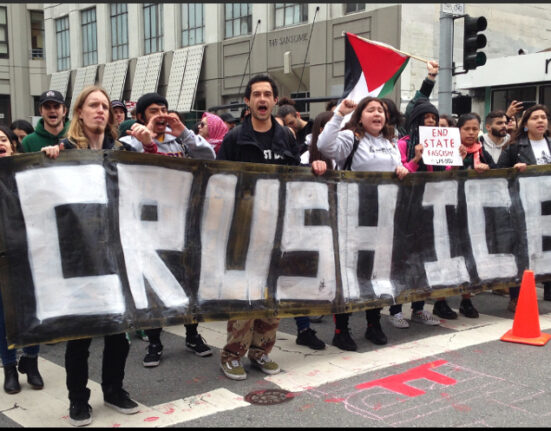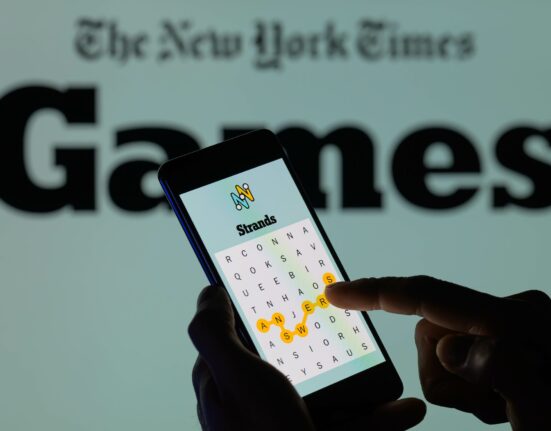The Trump administration recently made headlines by canceling numerous grants aimed at studying online misinformation. The move sent shockwaves through academic circles, stirring debate over the implications for free speech and scientific inquiry.
Imagine a world where researchers are stripped of their tools to uncover the truth behind fake news and harmful content lurking in the shadows of the internet. This is precisely what unfolded when federal agencies decided to slash funding for projects exploring ways to combat online misinformation. The decision was framed as a measure to safeguard the First Amendment, but critics argue it may have far-reaching consequences for understanding and combating digital deception.
Unveiling the Cancelled Grants
Diving into the heart of this controversy reveals a diverse array of research endeavors that were abruptly halted. From investigations into evading censorship in authoritarian regimes like China to developing technologies capable of detecting AI-generated fake images or videos, these grants represented crucial efforts in navigating the complex landscape of online disinformation.
Lisa K. Fazio, an esteemed associate professor at Vanderbilt University, found herself at the center of this storm when her grant focusing on how repeated lies shape beliefs was among those axed. Reflecting on this setback, Fazio expressed concerns about the broader implications for society’s ability to confront misleading narratives effectively.
A Clash of Narratives
At its core, this issue embodies a clash between opposing viewpoints on how best to tackle online misinformation. On one side stand government officials advocating for upholding free speech rights enshrined in the Constitution. They argue that cutting funding for such research is essential to prevent unwarranted restrictions on conservative voices within digital spaces.
Conversely, critics view these cancellations as part of a broader attempt to muzzle findings that shed light on harmful digital content proliferating across social media platforms. By curtailing scientific exploration into deceptive practices shaping public discourse, they warn that vital insights into combating fake news may be lost in the process.
The Ripple Effects
Beyond its immediate impact on individual researchers and institutions, the administration’s crackdown raises broader questions about priorities in an era defined by information warfare and digital manipulation. As society grapples with an onslaught of misleading narratives shaping public opinion, cutting-edge research plays a pivotal role in equipping us with tools to discern truth from fiction.
Experts caution that stifling scientific inquiry into online misinformation could have cascading effects on our ability to navigate an increasingly complex media landscape. Without robust research initiatives probing deep into the roots of digital deception, we risk being left vulnerable to manipulation by bad actors seeking to sow discord and confusion among unsuspecting audiences.
Looking Ahead
As discussions surrounding online misinformation continue to evolve, it becomes evident that striking a balance between protecting free speech and fostering rigorous fact-checking mechanisms is no easy feat. The canceled grants serve as a stark reminder of the delicate equilibrium between upholding democratic values and combating falsehoods propagated through cyberspace.
In an age where truth itself seems under siege from all directions, preserving avenues for unbiased research remains paramount in safeguarding informed public discourse. Only by embracing diverse perspectives and supporting initiatives aimed at unraveling the complexities of online misinformation can we hope to navigate this turbulent terrain with clarity and integrity.








Leave feedback about this